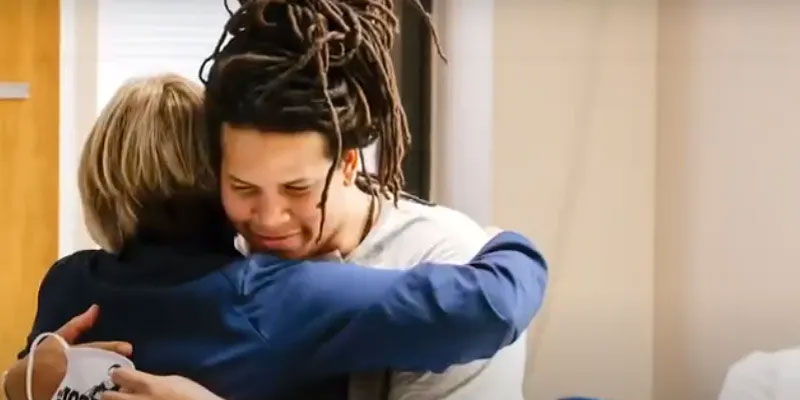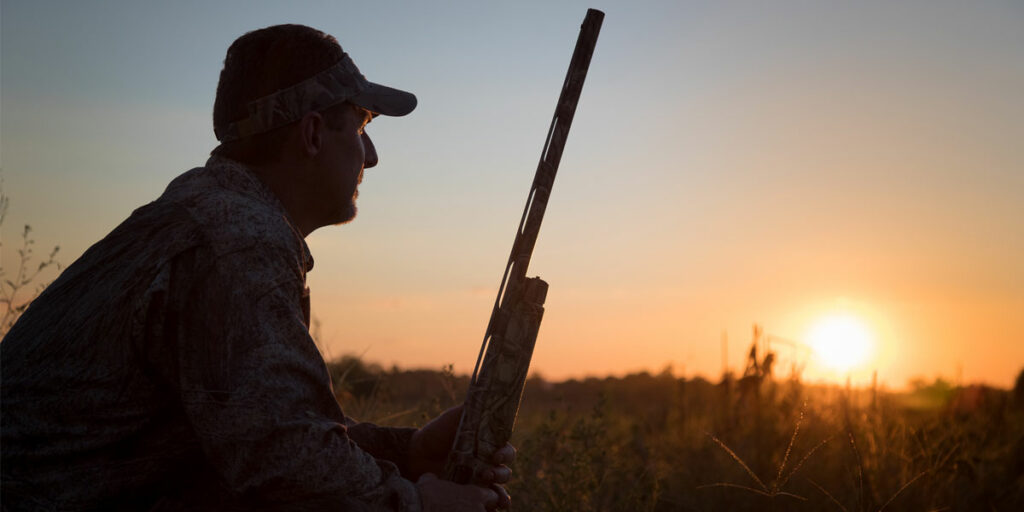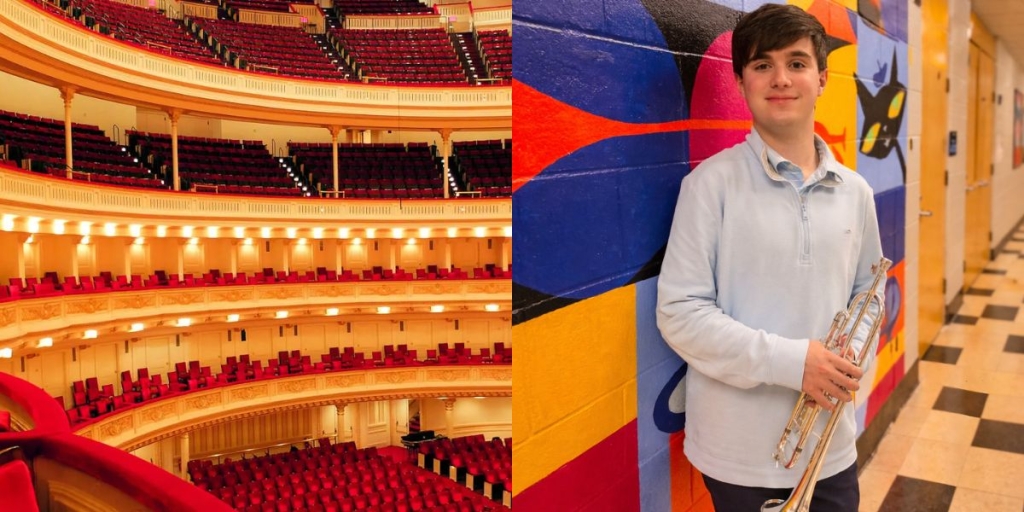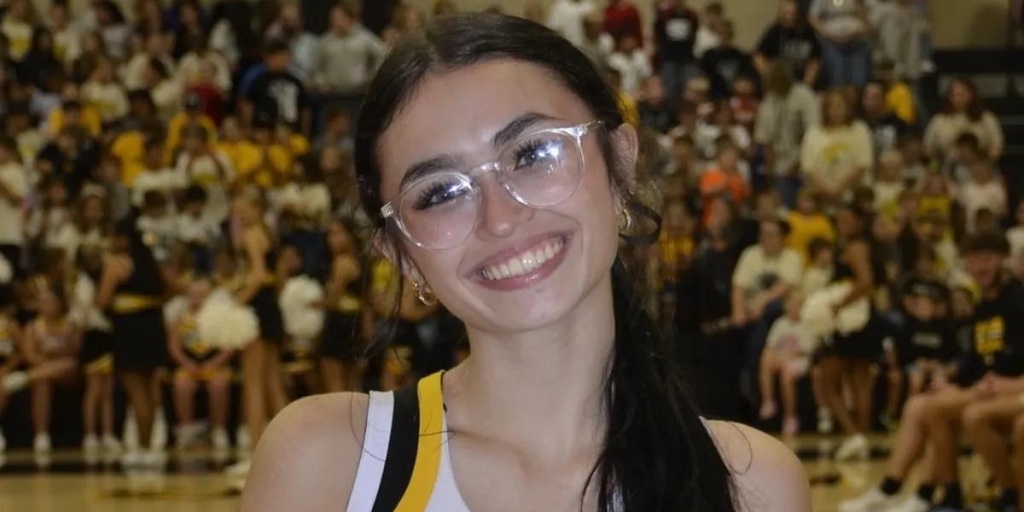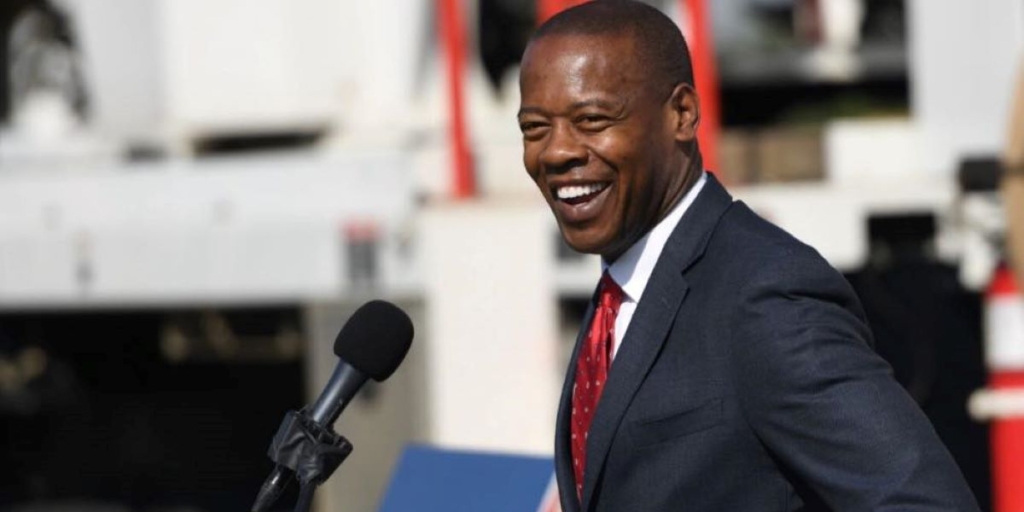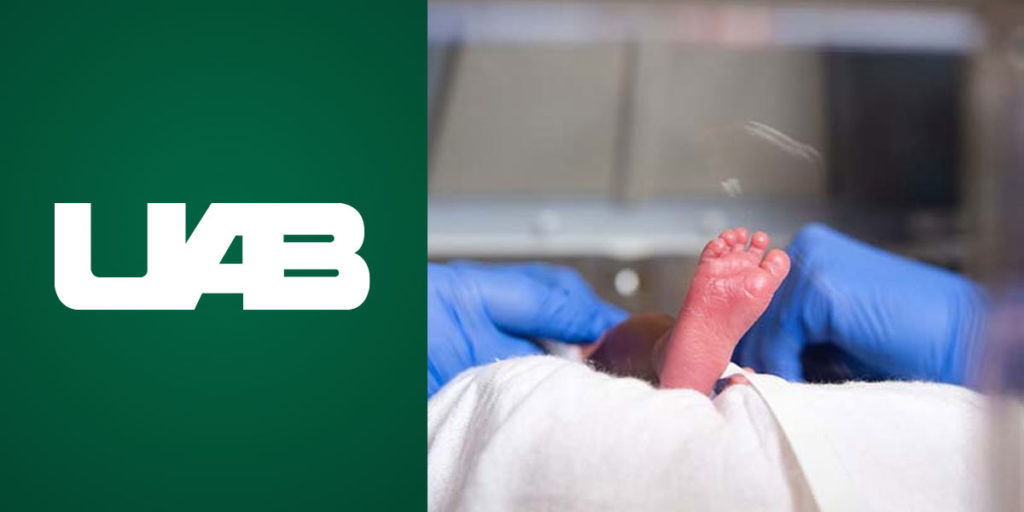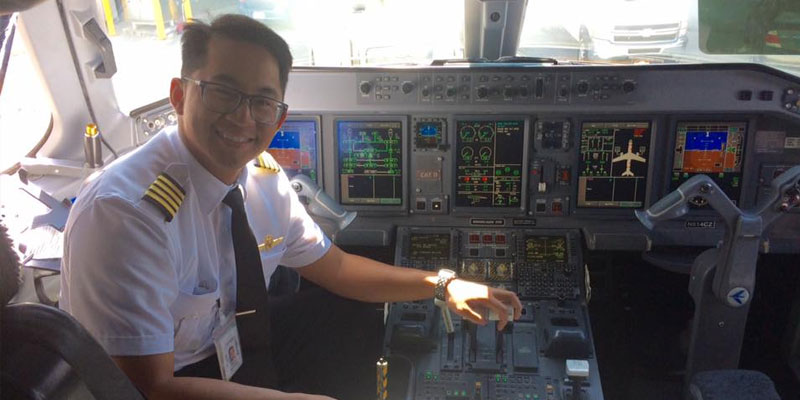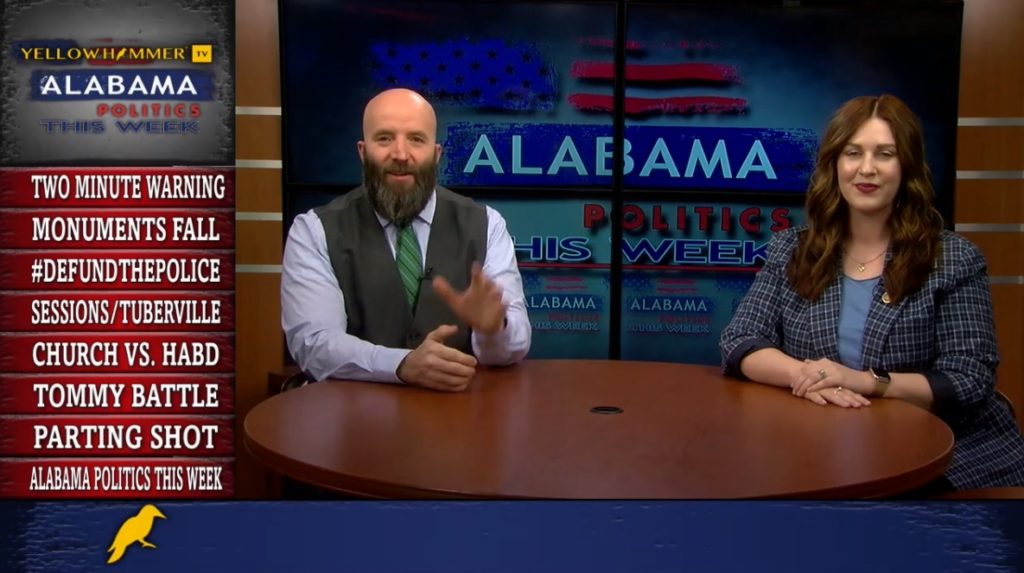Ervin “Jock” Allen spent 32 days at UAB Hospital battling COVID-19, including 24 of those days on a ventilator. Today, Allen breathes on his own. And he went home this week to continue his recovery.
The 28-year-old Jasper native is lead technician for Steve Johnson Racing, a Birmingham-based National Hot Rod Association (NHRA) team. Allen has captured the spirits of many people in Alabama and beyond sincd he was admitted to the hospital in May. His mother, Candace Allen, a health care worker, was admitted to the hospital prior to her son after contracting COVID-19. She died May 18. Allen’s sister (also a health care worker), brother and fiancée also tested positive but have since recovered.
“When I get home, I just want to get outside and feel some fresh air,” he said. “It’s been a scary, happy and sad experience all at once. It’s a blessing that I get to walk out of here and start my new journey.”
With Allen’s permission, Johnson has been chronicling his teammate’s journey on the Steve Johnson Racing Team Facebook page. Allen has developed a legion of fans and supporters in the motor-sports community and beyond. A GoFundMe page was set up to help with the family’s expenses as they battled COVID-19. A JockStrong.com webpage complete with #JockStrong branded T-shirts and masks also was established to help the family.
Allen spent a large portion of his time at UAB in the Medical Intensive Care Unit (MICU). It is there where the sickest COVID-19 patients are treated and where the majority are on ventilators.
“Less than 10 percent of all patients who have to be put on a ventilator end up staying on it more than 21 days,” said James Stout, director of Quality Assurance and Patient Safety in UAB’s Special Care Unit. “What we have seen here on UAB’s COVID-19 unit with Jock is an extremely well-educated super team inside the Medical Intensive Care Unit performing miracles. Then they transition the patient to us so we can help them wean off the ventilator. It’s an incredible achievement to see a patient who has fought for so long be able to leave here and go home and continue their recovery.”
After Allen was admitted to UAB, he was medically paralyzed for several days, as nurses frequently flipped him over to help get oxygen into his blood. He was in shock early in his treatment. When he was finally able to come off the ventilator, Allen required a tracheotomy while his lungs were healing. He was weaned off the ventilator in the Special Care Unit, where he spent 10 days recovering before the tracheotomy tube was removed.
“He was in the ICU for about three weeks and very sick for a couple of those weeks,” said Dr. Tracey Luckhardt, a UAB School of Medicine pulmonary critical care physician and director of the Special Care Unit. “Once he finally turned the corner and his lungs started healing from the coronavirus infection, he’s done really well. He’s been getting very aggressive physical therapy, and occupational therapy has done amazing with him. He’s had a very remarkable recovery.”
It is not lost on Allen that he initially thought COVID-19 was dangerous only for older adults, particularly those with other health problems. Allen hopes the severity of his illness will make other younger adults take the coronavirus more seriously. He is encouraging others to wear masks, practice social distancing and wash their hands frequently.
“I was that guy who didn’t think I could get it this bad. I even told my boss when this first started happening that the people who were getting it bad were elderly people,” Allen said. “I had no previous health problems. I don’t smoke. I have a drink maybe once a month. I was completely healthy. But I’m here. I’m young. And I just didn’t think young people can get it this bad, but you can. It’s very real and eye-opening.
“I don’t remember a lot of what happened while I was here, but I do know the staff at UAB took really good care of me,” he said. “I can remember being calmed down by a nurse when I was scared in the ICU a couple of times. Then they told me when I first got in (the special care unit) they were going to push me, so be ready. And they did. They always came by and checked on me. They were great.”
For UAB’s staff in the MICU, Special Care Unit and other critical care areas, watching Allen leave the hospital healthy lifted their spirits.
“Our critical care staff, especially in the MICU, have been working so hard for the past three months,” Luckhardt said. “We’ve had a lot of really sick patients –way more than we are used to dealing with. These patients take a long time to get better. There are a lot of setbacks. When we have a patient who gets better and is able to leave the hospital, that’s a huge win for us. It feels good for the team, and we really need to rally around those wins because it’s been a long three months with some really sick patients.”
This story originally appeared on the UAB News website.
(Courtesy of Alabama NewsCenter)




